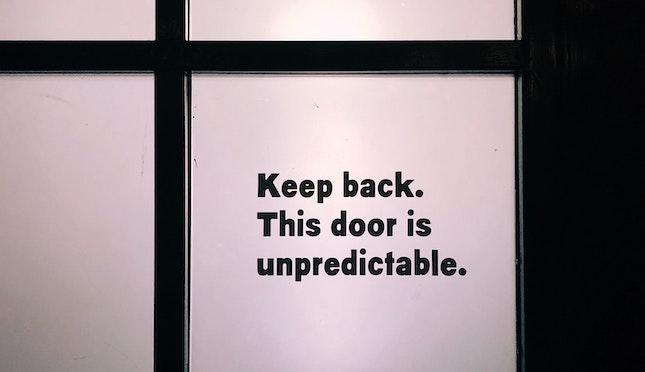4 Great Benefits to Writing a Mystery Short Story

A story is a problem a writer must solve for a reader. Anton Chekhov
The Problem is The Core of Your Short Story
Recently a subscriber to the YouTube playlist Mystery Writers Studio asked for a specific on writing mystery short stories.
Most mystery tropes apply to a mystery short story, it’s just that everything is truncated. You still want, a crime, a victim, a villain, clues and suspects, challenges to your sleuth, and an unpredictable surprise reveal at the end.
What is a Short Story?
A short story is just that—a fictional prose narrative, shorter than a novel, that usually deals with only a few characters.
A short story still has basic fiction elements of character, setting, conflict, plot, and theme. Don’t stress out about the theme. The major theme of a traditional mystery is the search and revelation of truth. In our case, the revelation of the villain.
The vagaries arrive describing what “short” means. In literary terms a short story can range from 1,000 to 15,000 words. But, publications usually publish in lengths of 3000-5000 words.
Why Write A Mystery Short Story?
Whether you have written mysteries in the past or are new to the genre, writing a mystery short story is a great vehicle for honing your writing skills.
Experiment with New Ideas
You may have an idea for a new protagonist sleuth. Writing a short story gets you in touch with your character and tells you whether you want to spend more time on a novel with the character.
If you are new to the mystery genre, writing a short story is a great way to introduce yourself to writing in the genre. You’ll discover if you like creating a puzzle, and keeping the final piece of the puzzle hidden until the end.
Writing a short story is the perfect way to experiment with writing in a certain point of view. You’ll discover the constraints of writing in the first-person point of view where the reader knows only what the protagonist knows. Or, you may want to experiment with the broader scope of writing in third-person point of view.
Improve Your Writing Craft
If you are new to writing narrative fiction, writing a short story helps you master narrative fiction. You’ll put into practice elements of narrative fiction like:
- Introduce characters
- Create a story line
- Create obstacles for your protagonist
- Build stakes
- Write believable and impactful dialogue
- Write scenes with a beginning, middle, and end
Maybe you’ve written in other genres, but creating a mystery is a new story structure you want to use. Then you’ll create your crime, develop your sleuth’s detecting skills, learn how suspects misrepresent for reasons that have nothing to do with the crime, create clues and red herrings to keep your reader guessing, and hide the villain until the end.
Build Visibility as an Author
Because short stories require less time to write than a novel, you can build visibility by submitting to anthologies, publications, and contests. Plus, published short stories are also eligible for writing awards selected from the publications.
You’ll gain new readers eager for your next story..
Create A Marketing Tool
Use digital copies of your short story as an incentive to get readers to join your email list and follow your writing journey in your author newsletter.
The short story introduces readers to your style and voice as well as your protagonist sleuth. Then engaging readers with a regular newsletter will keep them updated on your progress with your novel-length mystery.
Your Writing Craft Introduction to Mysteries
Whatever reason you choose, writing a mystery short story introduces you to narrative fiction, creating a mystery puzzle, building an engaging protagonist, working with clues, creating tension and all the subtleties of mystery writing. Create the problem and lead your reader toward the solution.
To get your mystery right from start to finish enroll in Write A Killer Mystery. Start on the right path to finish your mystery.






